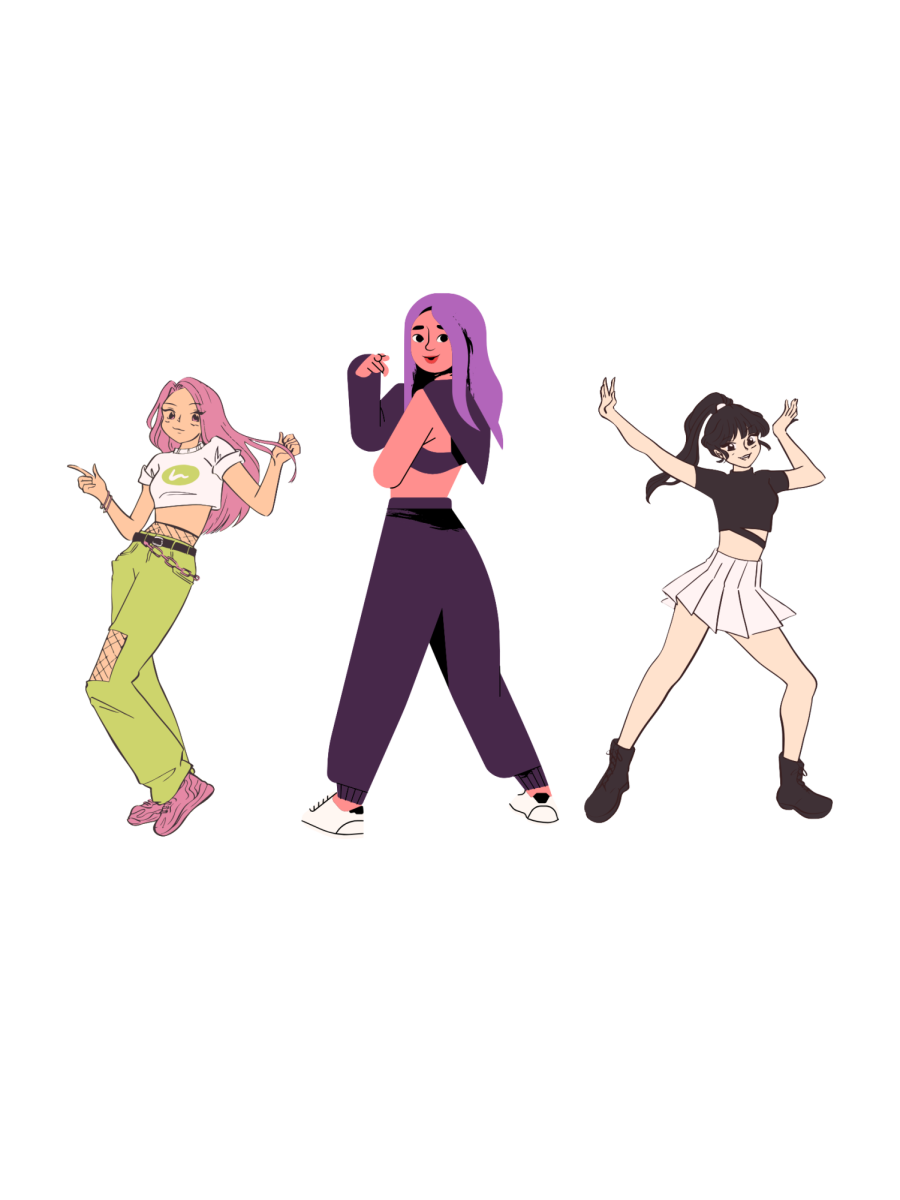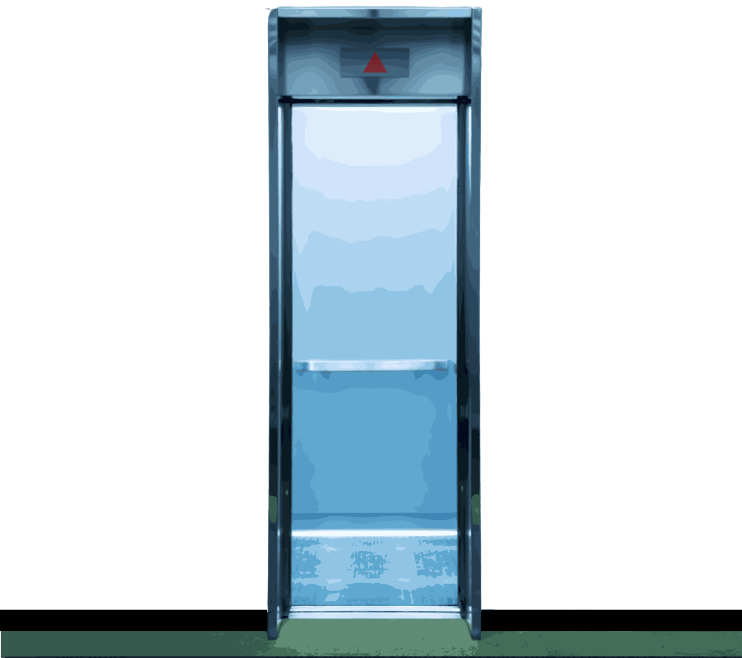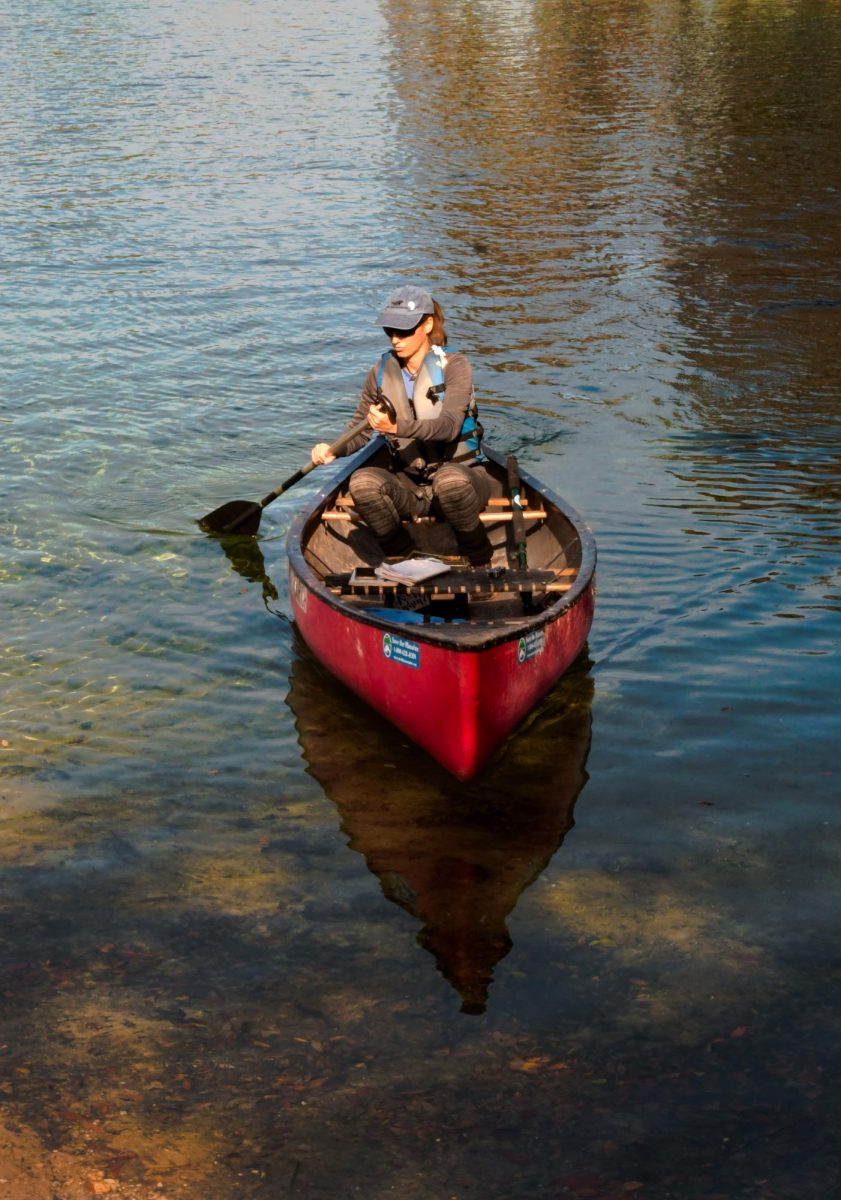The sidewalk ended and a large bed of tall, green grass lied in front of us. I made my way into the ocean of grass, but turned around when I realized my friend was not following. She stood on the edge of the last bit of sidewalk like a statue, staring down at the grass. I walked back to the strip of sidewalk and asked my frozen companion why she wasn’t coming. She didn’t even look up at me. Her eyes remained fixated on the bed of grass. I shook her a bit, and she slowly glared at me. “What’s wrong?” Her eyes just glared at me as she struggled to mumble a word. Her fear inhibited her from articulating just one word. I asked her again and she managed to let out the word “snake” and looked back at the grass. That was the day I learned that my friend had an irrational fear of snakes.
Although some people might not be scared of snakes, many cower in the presence of something—that one object or idea that sends chills down our spines when we think about it. Some people take the stairs to escape the confined spaces of an elevator. Others resort to the flumist instead of getting a flu shot, and some can’t go to the circus out of fear of clowns. Many relate to that debilitating feeling when we are faced with our greatest fear and feel absolutely powerless. Although snakes are not the main fear of Trinity Prep students, according to a school-wide survey, spiders, needles, death and clowns are. Many of us have a significant fear, but most don’t know the science behind such fears.
Spiders
Spiders may be everywhere, but ultimately they are much smaller than we are. We can easily roll up a newspaper to kill a spider, but before we can find one, we freeze in fear as the arachnid crawls on the floor.
The most common explanation behind our fear of spiders is direct association and observational learning. If someone has a negative experience in the presence of spiders, he or she will link that negative experience with the spider itself. This is called direct association. If one of your friends is deathly afraid of spiders, they could have slipped and fell when they saw a spider for the first time and now directly associate that feeling of humiliation from falling with the spider. Therefore, it is not the physical presence of the spider itself that scares us, but the emotions associated with seeing a spider. Usually these associations occur at a young age, and that link remains throughout your life.
Observational learning is also to blame for our fears. Today, society teaches us what to be afraid of.
“Sensational news stories have the power to make us more afraid of events that are statistically unlikely to happen,” Fine Arts and Psychology Teacher Donna Walker said. “But if the nature of the events is unsettling, it sticks in our minds more.”
Perhaps a news segment flashes on TV about a lady who finds a huge spider in her bananas from the grocery store. Although this is not likely to happen to everyone, all viewers begin to fear it will also happen to them. Maybe a few of your friends are terrified of spiders, so you trust them and simply accept the fact that spiders are scary. You don’t think about whether or not they are scary, but you just adopt the fear.
Needles
Were you the child who had to be dragged into the doctor’s office by both your mom and dad only to be pinned down by four nurses as the doctor gave you a flu shot? If so, you probably had trypanophobia, the irrational fear of injections, needles or shots. Interestingly, this fear is usually acquired between ages four and six, and it normally wears off over time.
The reason that you form this phobia around a certain age is because you were most likely taught to have it. Remember when your big brother or sister first went to get their shot and you had to watch them as they threw a tantrum? That is what sparked your fear. Your older sibling demonstrated that the injection was harmful, so you understandably trusted them.
Once you learn the shot is beneficial and will keep you healthy, you associate a positive benefit and the pros mentally triumph over the cons. Those who carry their fear of needles into adulthood most likely experienced a traumatic childhood experience with needles and have never come to terms with the fact that shots are beneficial.
Death
As humans, we are built with a fight or flight response that aids us in surviving dangerous situations. Tracing back to the beginning of time, man’s main goal in life is to survive. Although we are blessed enough to have made many medical advancements that help us live longer, we still fear the inevitable—death.
Fearing death is associated with our uncertainty of outcomes in life. Why do we fear something that we know must happen?
With the technology and knowledge we posses today, it is almost an understood belief that we will live longer than in years past. It is scary to think that even though you should live for a long time, you could die at any moment. The lack of control over when our life ends plants a seed of fear in us.
Culturally, we create a false belief that medicine can cure anything. We want to believe we can fix someone by putting them in the hospital, but this is not always the case. Thus, when someone doesn’t survive an illness, we fear that one day we might not be saved either.
We tend to shrug off important topics like death and let our fears build internally. Some people even take drastic steps such as not driving or not taking risks in hopes to avoid an unexpected death. The best way to confront this fear is by coming to terms and accepting that death exists.
Clowns
Clowns are a common guest at children’s birthday parties. But could you imagine a parent hiding in their house while the clown performs for the children? Although dramatic, even some adults fear some of the silliest things like clowns! Recently clowns have been making appearances on the side of the road, in movies and in people’s nightmares. So why is a childhood circus figure so terrifying to so many people, including adults?
According to Dr. Dena Rabinowitz, humans fear clowns because we depend on facial expressions to understand people and determine their motivations. Clowns either wear masks or wear layers of makeup to conceal their true expressions, and this makes us wonder what is going on underneath the facade.
Rabinowitz believes that most don’t usually trust people who are constantly smiling or happy. The excessive happiness unnerves some people. This small oddity is one of the only things that differentiates clowns and humans, making it even scarier when a clown is spotted in a place that they aren’t normally found.
If you have any of these fears or other fears, you are not alone. There are many people who are terrified of snakes, spiders, clowns, death, shots, heights and dogs. But there is hope.
“The first stop is to simply be aware of your fear,” Walker said. “Asking yourself a question like, ‘why am I afraid of that?’ may either reveal that your fear is silly and unfounded, like in the case of clowns or spiders, or it may reveal something more significant.”
It is important to pause for a second and determine if your fear is controlling you. If your fear begins to change the way you live life, then you must take action to get rid of that fear.
When any fears begin to override our normal daily thinking, it is important to take a step back…and recognize that you are a thinking, intelligent person with a will and intent,” Walker said. “You are bigger and stronger than any fear.”














